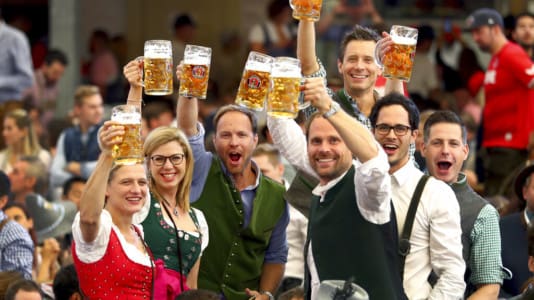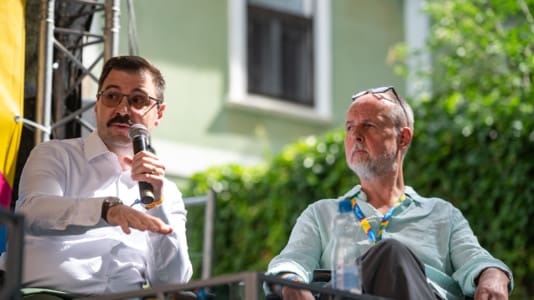Lawmakers in Poland’s governing party are refusing to discuss the electoral chances of the conservative Alternative for Germany (AfD) party next year, insisting it is not their place to comment on Germany’s domestic politics.
Asked by dorzeczy.pl portal, if AfD has a chance to become the second political force in Germany, the Law and Justice (PiS) MEP Ryszard Czarnecki replied that a substantial parliamentary group in the Bundestag and good election results in a state parliament indicate that this party already has a stable position in the German political scene.
But asked about the growth in support for the AfD in Germany, Czarnecki refused to take sides, replying: “Let’s not be like the Germans and tell others how they should vote. I don’t like it when German politicians tell Poles how they should vote.” In an ironic way, Czarnecki referred to the recent statement of the German politician Manfred Weber, who spoke about “fighting” the Law and Justice (PiS) party.
Czarnecki believes that AfD has proved that it was no flash in the pan on the German political scene. Its electoral success looks sustainable, but he refused to side with or against the hardline anti-immigration party.
The Polish MEP acknowledged that the AfD is disliked by the mainstream because it is realistic about the eurozone, migration, and Brussels’ plan for “an ever closer union.” He also claimed that AfD is sympathetic to Russia but recalled that all German parties apart from the Greens have been under Russia’s spell at one time or another.
Ryszard Czarnecki added that he is convinced the AfD is benefitting from being in opposition and not having ever been in government at either a federal or local level. He is of the opinion that, sooner or later, the party may be a part of a formal or informal coalition with the CDU/CSU just as has happened in Sweden, Finland, Italy and Czechia.
“Angela Merkel resisted such moves, but the CDU may in the future find the electoral math means it has to move in that direction,” he concluded.






